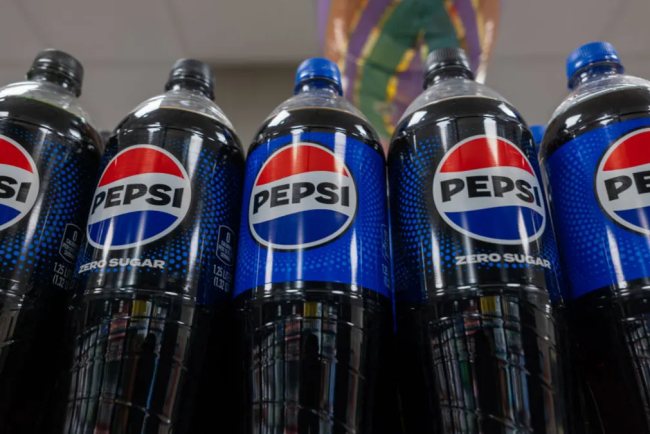New Tax Credit Boosts Clean Fuels And Sustainable Farming
New Tax Credit Boosts Clean Fuels And Sustainable Farming

The Treasury Department and the Internal Revenue Service (IRS) have unveiled new rules for the Clean Fuels Production Credit under Section 45Z, a major move by the United States to reduce greenhouse gas (GHG) emissions from transportation fuels. The program, which will start in 2025, provides a per-gallon tax credit for low-emission fuels, marking a milestone in advancing clean energy and sustainable agriculture practices.
This is a program that has transformative potential," said Treasury Deputy Secretary Wally Adeyemo. "It puts the U.S. as an innovator in clean fuels while saving transportation costs." In developing these rules, the guidance is trying to be as clear as possible on issues that relate to eligibility, qualifying fuels, and how to calculate emissions so the credit is properly applied.
The program is specifically designed for fuel producers, leaving out blenders and compressors from the list of eligible ones. The fuels must meet transportation suitability standards, which include sustainable aviation fuel and other low-emission options like marine diesel and methanol. For measuring emissions, producers must follow the established models, such as the 45ZCF-GREET model for non-SAF fuels or aviation-specific methods like GREET and CORSIA for SAF. In cases where a specific fuel pathway is not listed, producers may apply for a provisional emissions rate (PER) under forthcoming rules.
What's great about this credit is that it not only promotes the production of low-GHG fuels but also sustainable agricultural practices important to biofuel feedstocks. According to John Podesta, Senior Advisor for Climate Policy, this initiative speaks to the broader principle of aligning with climate-smart agricultural practice. Meanwhile, in promoting the use of sustainable farming methods in the cultivation of those biofuels and ethanol feedstocks-from corn to soybeans to sorghum-this program seeks to enhance soil and water health while reducing emissions at the same time.
Proposed guidelines also fit into broader federal efforts to advance sustainable agriculture. For example, the U.S. Department of Agriculture (USDA) has committed over five years $22 billion on climate-smart projects on 225 million acres. The projects will seek to develop an integrated approach toward clean energy and sustainable farming, thereby strengthen the link between agricultural practices and the production of cleaner fuels.
The Department of Energy (DOE) is working hard in this direction by making such tools available to the producers in the form of the 45ZCF-GREET model. These will provide accurate methods of emissions computation to the producers. Deputy Energy Secretary David Turk emphasized the significance of these tools and said that final guidance would offer much-needed certainty to the U.S. biofuel industry-an important step in reducing transportation-related emissions.
This fuel will benefit immensely from the tax credit. As part of its decarbonization process, SAF plays a vital role in ensuring the aviation sector does not emit carbon, considering the fact that the sector accounts for a substantial share of emissions. By promoting incentives for SAF production, the Treasury Department seeks to innovate this industry to bring forth cleaner alternatives with high performance criteria.
The program is coming at a critical time when the world is focusing more and more on transitioning to sustainable energy sources. By integrating clean fuel production with climate-smart agriculture, the initiative underscores the importance of a comprehensive approach to tackling climate change. It also highlights the Biden Administration's commitment to leading on clean energy innovation while addressing the economic and environmental challenges posed by traditional fuel use.
John Podesta and Deputy Secretary Turk’s remarks underscore the strategic importance of this initiative in enhancing the U.S. biofuel industry’s competitiveness. With clear guidelines, robust federal support, and an emphasis on sustainable practices, the Clean Fuels Production Credit is expected to significantly contribute to the nation’s climate goals.
As the program unfolds, it promises to create new opportunities for fuel producers, farmers, and innovators while paving the way for a cleaner and more sustainable transportation system.
What's Your Reaction?

















